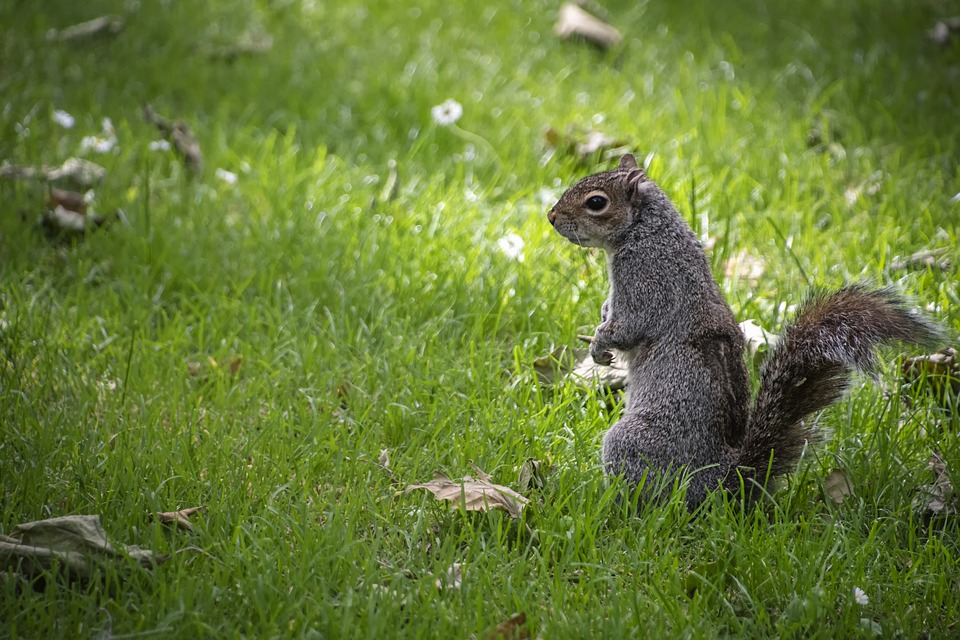In a world filled with various cultures and traditions, rituals have played a significant role in shaping society for centuries. From ancient ceremonies rooted in religious beliefs to modern-day celebrations that mark important milestones, rituals have evolved over time to reflect the changing values and norms of different societies. In this article, we will explore the fascinating journey of ancient rituals, from their historical origins to their current state and future predictions.
Historical Context
Rituals have been an integral part of human culture since prehistoric times. In ancient societies, rituals were used to mark important events such as births, deaths, marriages, and harvests. These rituals often had religious significance and were believed to appease the gods or bring good fortune to the community.
As civilizations developed, rituals became more sophisticated and elaborate. In ancient Egypt, for example, elaborate funerary rituals were performed to ensure the deceased had a safe journey to the afterlife. In ancient Greece, ceremonies were held to honor the gods and goddesses, with offerings of food, wine, and incense.
Key Points:
– Rituals have been a part of human culture since prehistoric times.
– Ancient rituals often had religious significance and were used to mark important events.
– Different civilizations developed unique rituals to honor their gods and goddesses.
Current State
In the modern world, rituals continue to play a vital role in society, albeit in a more secular context. While some ancient rituals have been preserved and are still practiced today, many have evolved to reflect contemporary beliefs and values.
Weddings, for example, have long been the subject of elaborate rituals and ceremonies. While some couples still choose to have traditional religious weddings, others opt for more personalized and creative ceremonies that reflect their unique relationship. Similarly, holidays and festivals that were once religious observations have become more secular in nature, with a focus on community, culture, and tradition.
Key Points:
– Modern rituals often reflect contemporary beliefs and values.
– Traditional ceremonies such as weddings have evolved to be more personalized and creative.
– Holidays and festivals have become more secular, with a focus on community and tradition.
Future Predictions
As society continues to evolve, so too will its rituals. It is likely that the trend towards more personalized and creative ceremonies will continue, with individuals seeking to express their unique identities and beliefs through ritualistic practices.
Advancements in technology may also have an impact on rituals in the future. Virtual reality, for example, could allow people to participate in rituals and ceremonies from anywhere in the world, making cultural practices more accessible to a global audience. Similarly, artificial intelligence could be used to create immersive and interactive ritual experiences that engage all the senses.
Key Points:
– The trend towards personalized and creative rituals is likely to continue in the future.
– Technology may play a role in shaping rituals, making cultural practices more accessible and immersive.
– Artificial intelligence could create interactive ritual experiences that engage all the senses.
Conclusion
In conclusion, the evolution of ancient rituals reflects the changing values and beliefs of society over time. From simple ceremonies to elaborate celebrations, rituals have remained a constant presence in human culture, adapting to meet the needs of each generation. As we look to the future, it is clear that rituals will continue to play a vital role in shaping society, providing a sense of meaning, connection, and identity to individuals and communities alike. Thank you for joining us on this journey through the evolution of ancient rituals, and we invite you to explore further resources to delve deeper into this fascinating topic.
